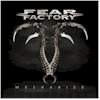Band
Obtest
Title
Iš Kartos Á Kartr
Type
LP/EP
Company
Ledo Takas Records
YOR
2005
Style
Heavy/Extreme
Popular Reviews
3/9/2007 - Review by:
Etiam
Obtest - Iš Kartos Á Kartr - 2005 - Ledo Takas Records
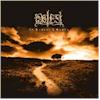
Track Listing1. Paskutinë Akimirka
2. Devyniaragis
3. Iš Kartos I Karta
4. Pergalë
5. Griausmavaldys
6. Audronaša
7. Burtai
8. Pirmyn!
9. Suminti Juodi Takai |
Obtest perform a catchy and raucous style of pagan metal, so called for its mixture of folk-reminiscent melodies and aggressive, quasi-black metal tuning. In this particular instance, the general heavy metal end is favored much more than the black—in fact, one could say there is nearly no black metal present on ‘Iš Kartos Á Kartr’ at all. The vocals and rhythm guitar are both appropriately harsh, but the mood here is far from severe, much more fit for drunken carousing and camaraderie.
As many bands in the style do, Obtest essentially employ a single, up-tempo rhythm, but the lead guitar generally does a fine job of breaking monotony and giving familiar character to most of the songs here with melodies that are repetitive and easy to follow. More rarely, they are introduced as a recurring theme that drives the entire finale of a song, such as in ‘Audronasa’ and ‘Pergale’. During those moments, the more thoughtful and composed, Obtest begin to mirror their lyrical themes more closely; ‘Iš Kartos Á Kartr’ stands for ‘From Generation to Generation’, and the press release from the band focuses their cultural and spiritual identity. Obtest have a good ear for their finest material, as the melodies that they do sustain are their most inspired and interesting. Bolstered by a strong effort in the traditional metal style from Insmuth on the kit, ‘Iš Kartos Á Kartr’ maintains an energetic, engaging pace.
Despite this obvious songwriting ability (and occasional maturity), Obtest are severely constrained by one factor: vocals. Baalberith has an appropriate voice for the heathen character of Obtest, but his extremely limited range (he only uses three or four pitches throughout) is the weakest point of every track. If one uses harsh vocals exclusively, a single pitch or limited range is acceptable, but Baalberith’s style is more singing than growling, and therefore can be quite tedious.
As Obtest have continued to develop and evolve into the traditionally inspired heathen metal band they are today, Baalberith would be well served to follow suit. If he manages to expand his range or approach, Obtest are well armed to stand at the forefront of more than just Lithuania’s metal scene.
--Etiam 03.02.07
 (Independent)
(Independent)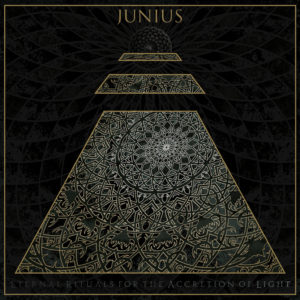 (Prosthetic)
(Prosthetic) (Crash Music)
(Crash Music) (Willowtip)
(Willowtip)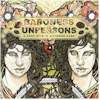 (At A Loss)
(At A Loss)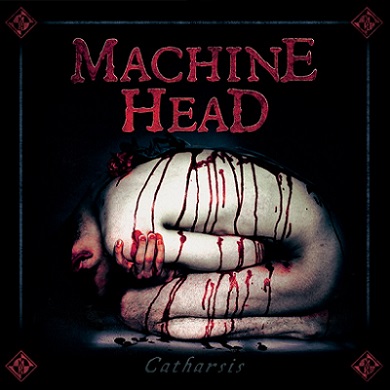 (Nuclear Blast)
(Nuclear Blast)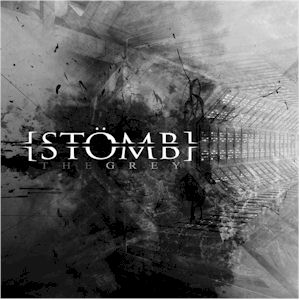 (Dooweet Agency)
(Dooweet Agency)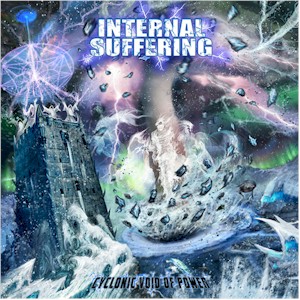 (Unique Leader)
(Unique Leader) (Universal)
(Universal)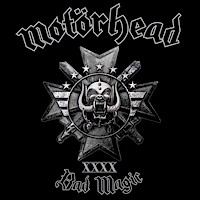 (UDR)
(UDR)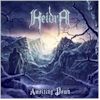 (Mighty Music)
(Mighty Music)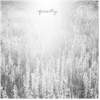 (Translation Loss)
(Translation Loss) (Volkanik)
(Volkanik)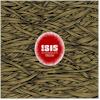 (Ipecac)
(Ipecac)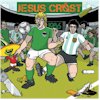 (Bones Brigade)
(Bones Brigade)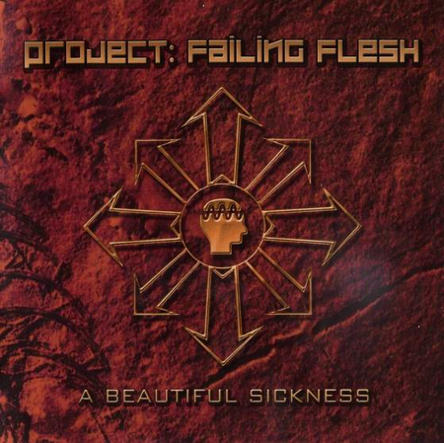 (Karmageddon Records)
(Karmageddon Records)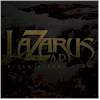 (Metal Blade)
(Metal Blade)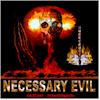 (Independent)
(Independent) (Riot)
(Riot)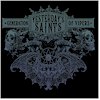 (Draconum)
(Draconum)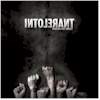 (Solid Shape)
(Solid Shape)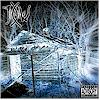 (Independent)
(Independent)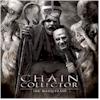 (Sound Riot)
(Sound Riot)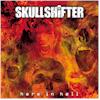 (Independent)
(Independent) (J Records)
(J Records)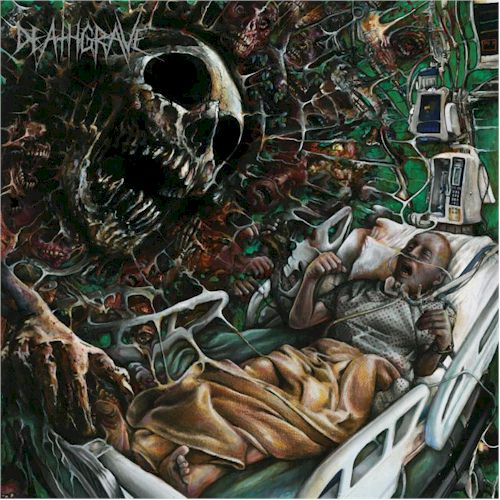 (Tankcrimes)
(Tankcrimes)



